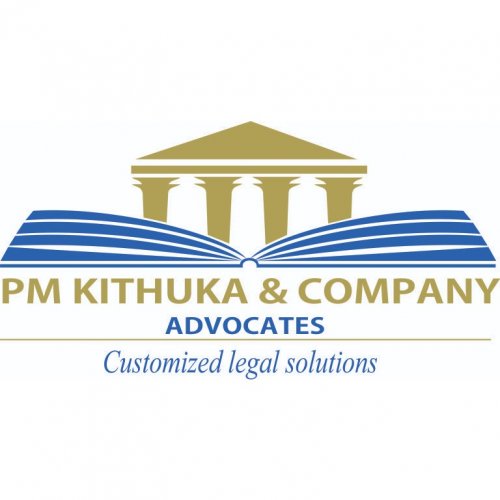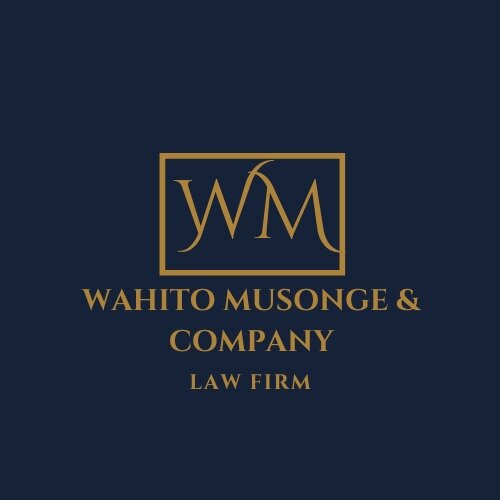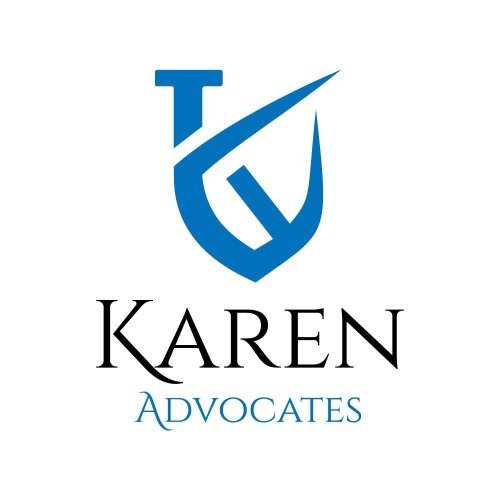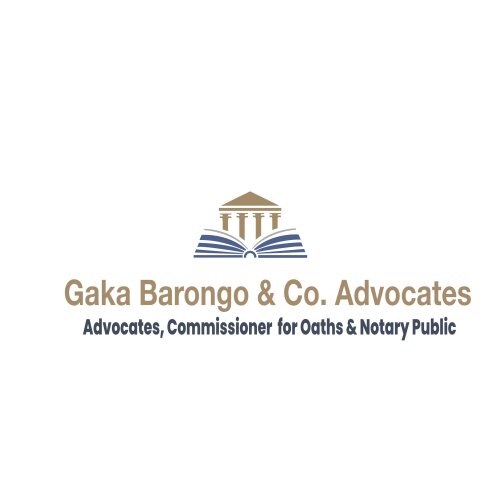Best Dangerous Product Lawyers in Kenya
Share your needs with us, get contacted by law firms.
Free. Takes 2 min.
Or refine your search by selecting a city:
List of the best lawyers in Kenya
About Dangerous Product Law in Kenya
Dangerous product law in Kenya focuses on protecting consumers against defective and hazardous products that may cause harm. The legislative framework aims to ensure that goods sold within the country meet specific safety standards to prevent injury or damage. Businesses and manufacturers are required to ensure that their products are safe for use and come with adequate instructions for use and warnings of any potential dangers. The legal avenues allow affected consumers to seek compensation and hold accountable those responsible for distributing or selling unsafe products.
Why You May Need a Lawyer
If you have been injured or suffered a loss due to a defective or dangerous product, consulting a lawyer can be crucial. Here are some common situations where legal help may be needed:
- Experiencing physical injury or harm from using a consumer product.
- Discovering a manufacturing defect in a product that poses a risk to users.
- Facing financial losses due to damage caused by a faulty product.
- Navigating compensation claims or settlement negotiations with manufacturers or insurance companies.
- Understanding your rights as a consumer under Kenyan law.
Local Laws Overview
Several key aspects of Kenyan law relate to the regulation of dangerous products:
- The Consumer Protection Act: This Act safeguards consumers by ensuring that they have access to safe products and the ability to obtain redress for grievances caused by defective goods.
- The Competition Act: It reinforces consumer protection by ensuring that product safety standards are met and helps address unfair trade practices.
- The Standards Act: Managed by the Kenya Bureau of Standards (KEBS), it establishes the quality and safety standards that products must adhere to before being released to the market.
- Tort Law: Under tort law, victims of dangerous products can file lawsuits based on negligence, breach of warranty, or strict liability. Legal remedies may include compensation for damages or injuries sustained.
Frequently Asked Questions
What constitutes a dangerous product in Kenya?
A dangerous product is one that poses inherent risks of injury or harm when used as intended or when a defect is present that makes the product unsafe.
Who can be held liable for dangerous products?
Manufacturers, distributors, suppliers, and retailers may be held liable for injuries or damages caused by defective or dangerous products.
What should I do if I am injured by a dangerous product?
Seek medical attention, document the injury and product details, contact the manufacturer or supplier, and consult a lawyer for legal advice.
Can I claim compensation for injuries caused by a dangerous product?
Yes, you can file a claim for compensation for injuries, losses, or damages sustained due to a dangerous product.
What evidence is necessary for a product liability claim?
You will need to provide evidence of the defect, proof of purchase, documentation of injuries or damages, and records of any other related expenses.
Is there a time limit to file a product liability lawsuit in Kenya?
Yes, there is a time limit, typically set by the statute of limitations. It is crucial to seek legal advice promptly to ensure compliance.
How does the Consumer Protection Act help me with dangerous products?
The Act provides consumers with rights to safe products and mechanisms to seek remedies if a product is found to be unsafe.
Are there any regulatory bodies that oversee product safety in Kenya?
The Kenya Bureau of Standards (KEBS) and the Competition Authority of Kenya are key organizations that oversee product safety regulations.
Can I return a product if it's deemed dangerous?
Yes, consumers have the right to return products or seek a refund if a product is discovered to be defective or dangerous.
Is legal representation necessary in all dangerous product cases?
While not mandatory, legal representation can be beneficial in navigating complex claims and ensuring that your rights are protected.
Additional Resources
For those seeking more information or assistance, the following resources may be helpful:
- Kenya Bureau of Standards (KEBS): Responsible for setting and enforcing product standards.
- Consumer Federation of Kenya (COFEK): An organization representing consumer interests.
- The Law Society of Kenya: Provides access to a network of legal professionals specializing in consumer protection and product liability.
- Competition Authority of Kenya: Oversees the enforcement of consumer rights and product standards.
Next Steps
If you believe you need legal assistance regarding a dangerous product, consider the following steps:
- Document all incidents and retain any evidence related to the product and its use.
- Contact the product's manufacturer or supplier to report the issue and seek any available redress.
- Consult with a lawyer specializing in product liability to evaluate your case and discuss potential legal actions.
- Review local legislation and potential remedies available under Kenyan law.
- Stay informed by utilizing available resources and organizations dedicated to consumer protection.
Lawzana helps you find the best lawyers and law firms in Kenya through a curated and pre-screened list of qualified legal professionals. Our platform offers rankings and detailed profiles of attorneys and law firms, allowing you to compare based on practice areas, including Dangerous Product, experience, and client feedback.
Each profile includes a description of the firm's areas of practice, client reviews, team members and partners, year of establishment, spoken languages, office locations, contact information, social media presence, and any published articles or resources. Most firms on our platform speak English and are experienced in both local and international legal matters.
Get a quote from top-rated law firms in Kenya — quickly, securely, and without unnecessary hassle.
Disclaimer:
The information provided on this page is for general informational purposes only and does not constitute legal advice. While we strive to ensure the accuracy and relevance of the content, legal information may change over time, and interpretations of the law can vary. You should always consult with a qualified legal professional for advice specific to your situation.
We disclaim all liability for actions taken or not taken based on the content of this page. If you believe any information is incorrect or outdated, please contact us, and we will review and update it where appropriate.
Browse dangerous product law firms by city in Kenya
Refine your search by selecting a city.













